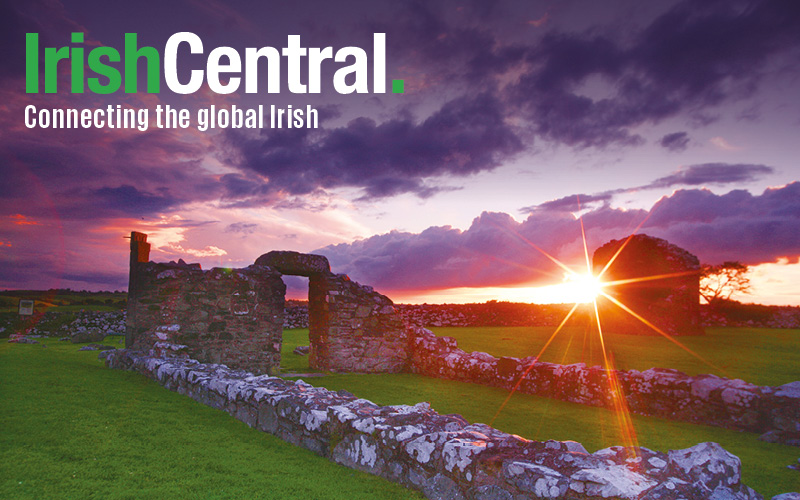Survivors of clerical abuse and their representatives are hitting out at reports that the Vatican-ordered investigation of Ireland’s Catholic Church will do much more than examine how the decades long clerical sex abuse crisis occurred.
According to a report in the Irish Independent, the internal investigation, headed up by New York Archbishop Timothy Dolan and Boston’s Cardinal Sean O’Malley, will now be much more than an internal probe into the decades of abuse and cover ups that have been exposed in Ireland.
The Independent claims that the visit will now provide an opportunity for “increased evangelization,” by fighting the “secularization” of Irish society, and it will attempt to “boost confession and mass attendance.”
Irish priests, claimed the Independent, will be told not to question in public official church teaching on controversial issues such as the papal ban on birth control or the admission of divorced Catholics living with new partners to the sacraments, especially Holy Communion.
Theologians will be expected to teach traditional doctrine by constantly preaching to lay Catholics of attendance at Mass and to return to the practice of regular Confession, which has been largely abandoned by adults in Ireland since the 1960s.
The high profile investigation was announced last week by Pope Benedict to deal with the rape and abuse of children by the clergy in Ireland, but that mission should not also be turned into a campaign to evangelize the Irish, says David Clohessy, the executive director of the American group SNAP (Survivors Network of those Abused by Priests).
How, Clohessy asks, can the church even think of boosting the numbers of weekly attendants against the background of widespread child sexual abuse?
“If there’s any accuracy to this Irish Independent report whatsoever, it’s troubling to see these distractions being considered at all,” Clohessy told the Irish Voice.
“This investigation is happening because of the abuse and cover up crisis. They need to address that first and foremost. If the church hierarchy really does protect kids and really does treat victims compassionately, then those other perceived problems would improve of their own.”
The decision to widen the remit of the investigation, if true, is both troubling and insulting, Clohessy added. “It’s insulting to those who have been abused because job number one in any institution where there are children is safeguarding them. Every minute that church officials spend pondering how to get more of the flock to go to confession instead of how to get the flock to call the police about suspected abuse is a minute at which kids are more at risk.”
For Clohessy the goals of the church hierarchy and those of his organization are out of sync. “Our goals and those of the of church are the same, but the goals of the church’s hierarchy are different. We want safer children, we want the truth exposed and we want the survivors to be cared for,” he said.
“But the bishops at the top have many, many other considerations. It would be wonderful to live in a world where groups like ours no longer need to exist, but practically speaking I doubt that will ever happen.”
Bishopsaccountability.org, another U.S.-based group that monitors the sex abuse crisis in the church here, objects to the internal nature of the investigation and in particular to the participation of O’Malley.
In a statement the group said it was dismayed by the Vatican’s selection of O’Malley to advise and monitor the Dublin Archdiocese’s handling of child sexual abuse allegations against clergy.
The cardinal’s career, the group claimed, has been fuelled by his ability to walk into dioceses racked by horrible revelations of child molestation and enshroud them again in silence.
“Since 2003 he has released almost no information about new allegations against Boston priests,” they said.
The group also claimed O’Malley had reinstated at least three accused priests (Jerome Gillespie, Eugene Sullivan and Charles Murphy) about whom “troubling questions persist.”
The group also added that in his diocese of Fall River, Massachusetts, the local district attorney was so disturbed at O’Malley’s failure to inform the public of the presence of sexual offenders that he himself went public with a list of names of accused priests in 2002.
It concluded, “For an apostolic visitation to have any chance of success, the participating bishops cannot be guilty of the same offences they are investigating.”




Comments